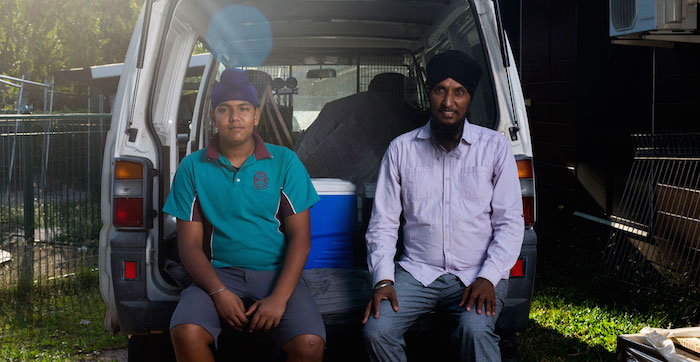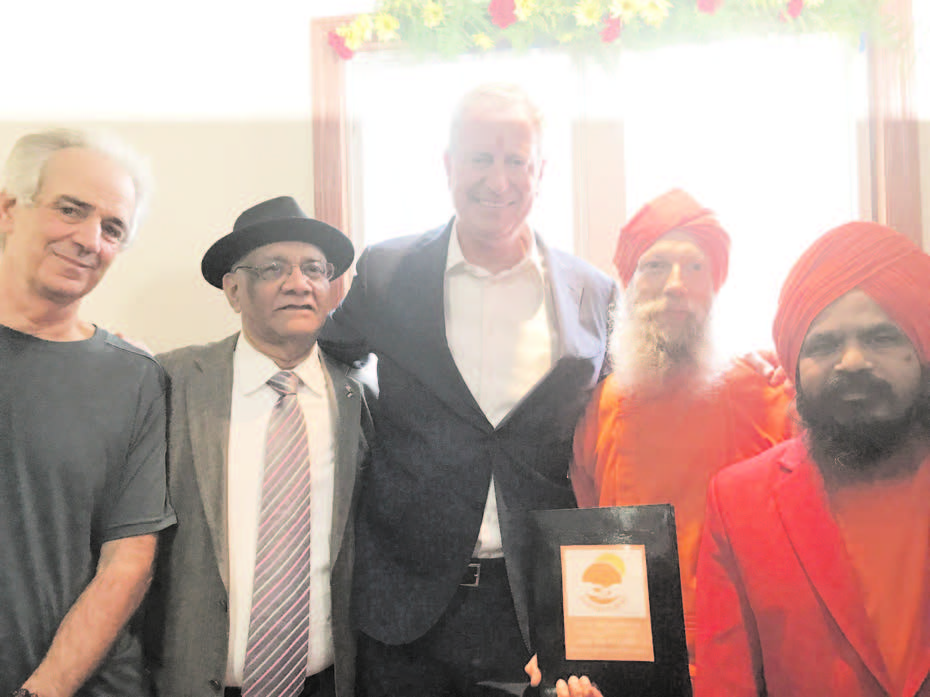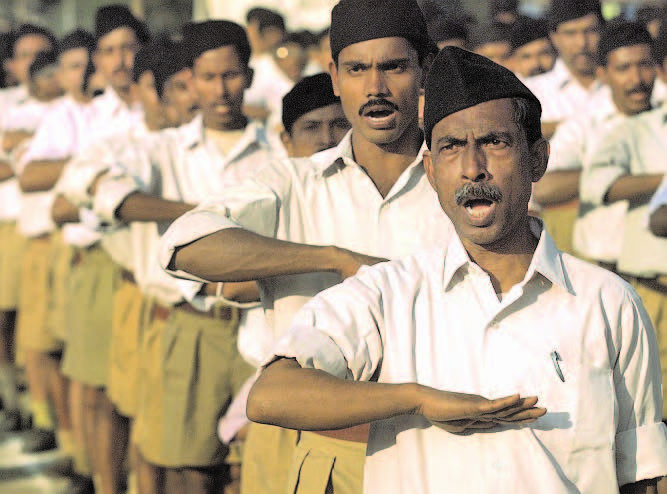WELLINGTON (TIP): A wave of antisemitic attacks has roiled Australia, with a dozen arrests for vandalizing or setting homes, schools, and synagogues on fire since October and hundreds more charged in just over a year with crimes targeting Jews.
The attacks in areas where Jewish people live have provoked an outpouring of condemnation — and a fraught and complicated debate about who’s to blame. But in a rare moment of unity, Australia’s federal lawmakers on February 6 advanced hate crime laws almost unanimously.
“We want people who are engaged in antisemitic activities to be caught, to be charged and to be put in the clink,” Prime Minister Anthony Albanese told reporters.
“This is a time of national crisis,” opposition leader Peter Dutton said.
What’s happening in Australia?
Jewish and Muslim organizations and hate researchers have recorded drastic spikes in hate-fueled incidents on both groups since the Oct. 7, 2023 Hamas attack on Israel that triggered the war in Gaza. And although how groups define antisemitism and Islamophobia differs, the numbers the organizations cite all show a rise in incidents.
Antisemitic episodes in the two biggest cities, Sydney and Melbourne — home to 85% of Australia’s Jewish population — have drawn the highest profile because they’re severe, unusual and public.
Since November they’ve included:
— A trailer filled with explosives used in the mining industry and a list of Jewish targets discovered on Sydney’s outskirts
— Firebombing of a Melbourne synagogue, with one person hurt. Defacement of another with Nazi symbols and pro-Palestine graffiti
— A Jewish childcare center set on fire
— Jewish schools in Sydney and Melbourne daubed with white supremacist graffiti
— Three Jewish businesses torched
— The former home of a prominent Jewish leader sprayed with graffiti
— Cars defaced and windows smashed in areas where Jews live
Counter-terrorism officials have arrested 12 people in connection with those crimes. Nearly 200 more have been charged since October 2023 in the state of New South Wales – where Sydney is located – with crimes linked to antisemitism, police say.
Who’s committing the crimes?
Investigators are examining whether criminals for hire were paid by foreign actors to carry out the recent attacks, leaders of the taskforce said in January. They did not specify what foreign interests they believed were responsible.
Days later, officials said the 12 arrested by the taskforce don’t share the antisemitic ideology expressed by their crimes, underscoring suggestions that the acts were orchestrated abroad.
The revelations were strange — but not unprecedented, analysts said.
“It’s not completely new, the connection between ideological groups and criminal groups,” said Matteo Vergani, a researcher of hate and extremism with Deakin University. “What’s new is that it usually happens in relation to larger scale terrorist attacks. So that is surprising.”
What’s behind the rise?
Lawmakers in speeches this week said the Oct. 7 attacks by Hamas had provoked a outburst of antisemitism at levels Australia had not registered before.
In tense public debates echoing those in the United States and elsewhere, right-leaning lawmakers and some Jewish leaders — among them Peter Wertheim from the Executive Council of Australian Jewry — have accused pro-Palestinian demonstrators, particularly “progressives” and university students, he said, of fueling the crimes.
Demonstrators use opposition to Israel to target Jews and give antisemitism “a new social license,” he said.
Other Jewish leaders were more cautious. The episodes were “alarming and worthy of attention,” said Sarah Schwartz from the Jewish Council of Australia.
“But I think the real danger we see here with linking this spate of antisemitic incidents to the Palestine solidarity movement is that that sort of language breeds division, breeds anti-Palestinian racism, breeds Islamophobia and is also bad for Jews as well,” she said.
What’s the government’s response?
Albanese’s center-left government on Thursday approved measures in the House of Representatives that will create new and bolstered hate crime offences protecting a raft of characteristics, including race, religion and gender.
Amendments from the opposition include the imposition of mandatory prison terms for terrorism offenses — which the prime minister had rejected before —- and for displaying hate symbols.
The bill passed 117 votes to 13. It’s expected the Senate will pass it into law.
Other initiatives since last January include:
— Imposing sanctions on Terrorgram, an online white supremacist terrorism financing network
— Criminalizing Nazi salutes
— Making doxing — the sharing of personal information online — illegal after a list of Australian Jews was published on the internet in 2024
— Appointing national envoys to address Islamophobia and antisemitism
Some states have passed their own laws; New South Wales also revealed proposed hate crime measures Thursday.
What’s different in Australia?
By all measures, anti-Jewish hate has spiked across the U.S., Europe and the United Kingdom since October 2023 — even though many leaders have denounced it — prompting tens of thousands of Jews to leave Europe, according to some figures.
However, Australia’s situation had distinctive factors, analysts said. One was the claim that the primary agitators could be based abroad. (AP)
© The Indian Panorama





Be the first to comment